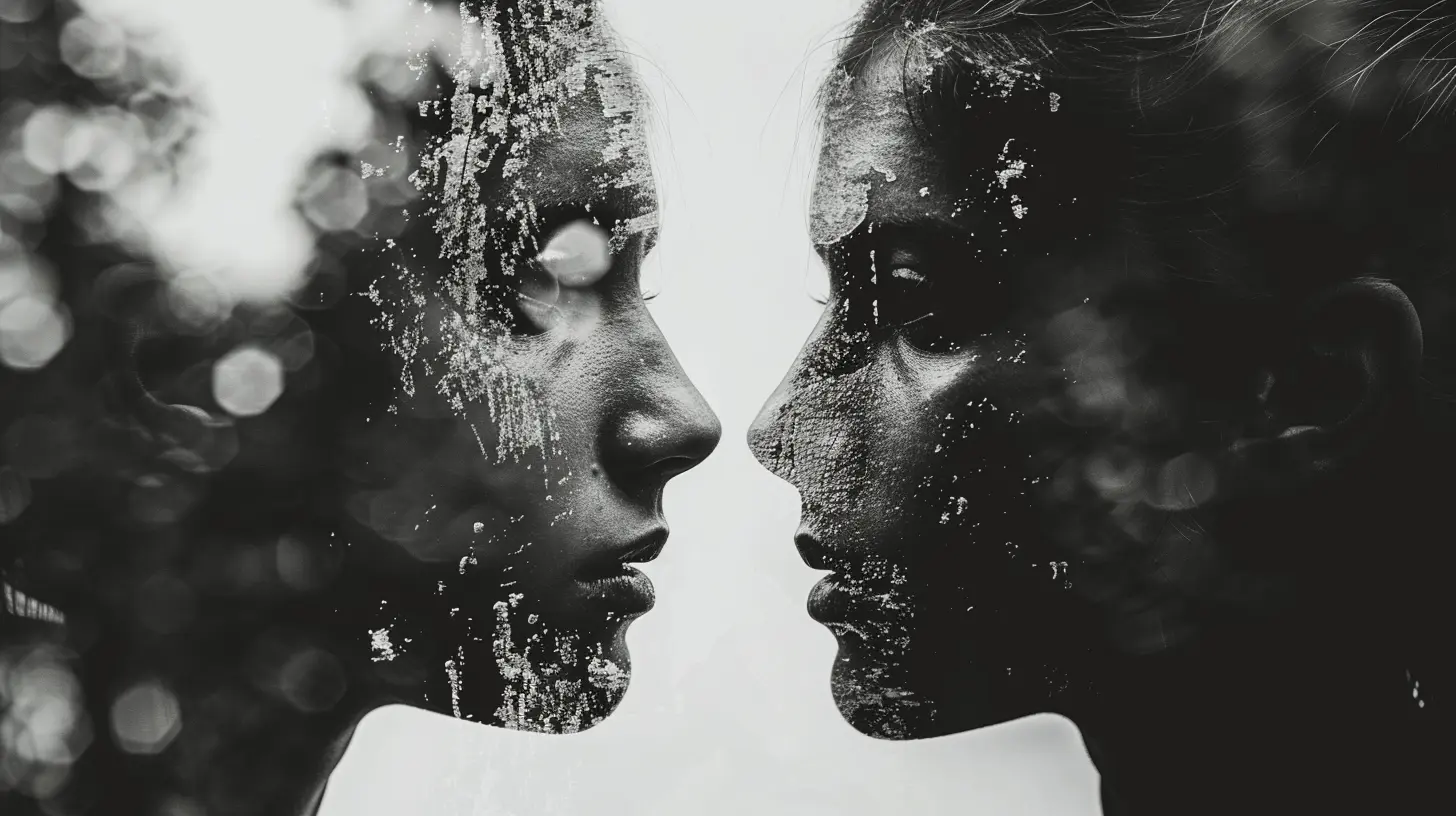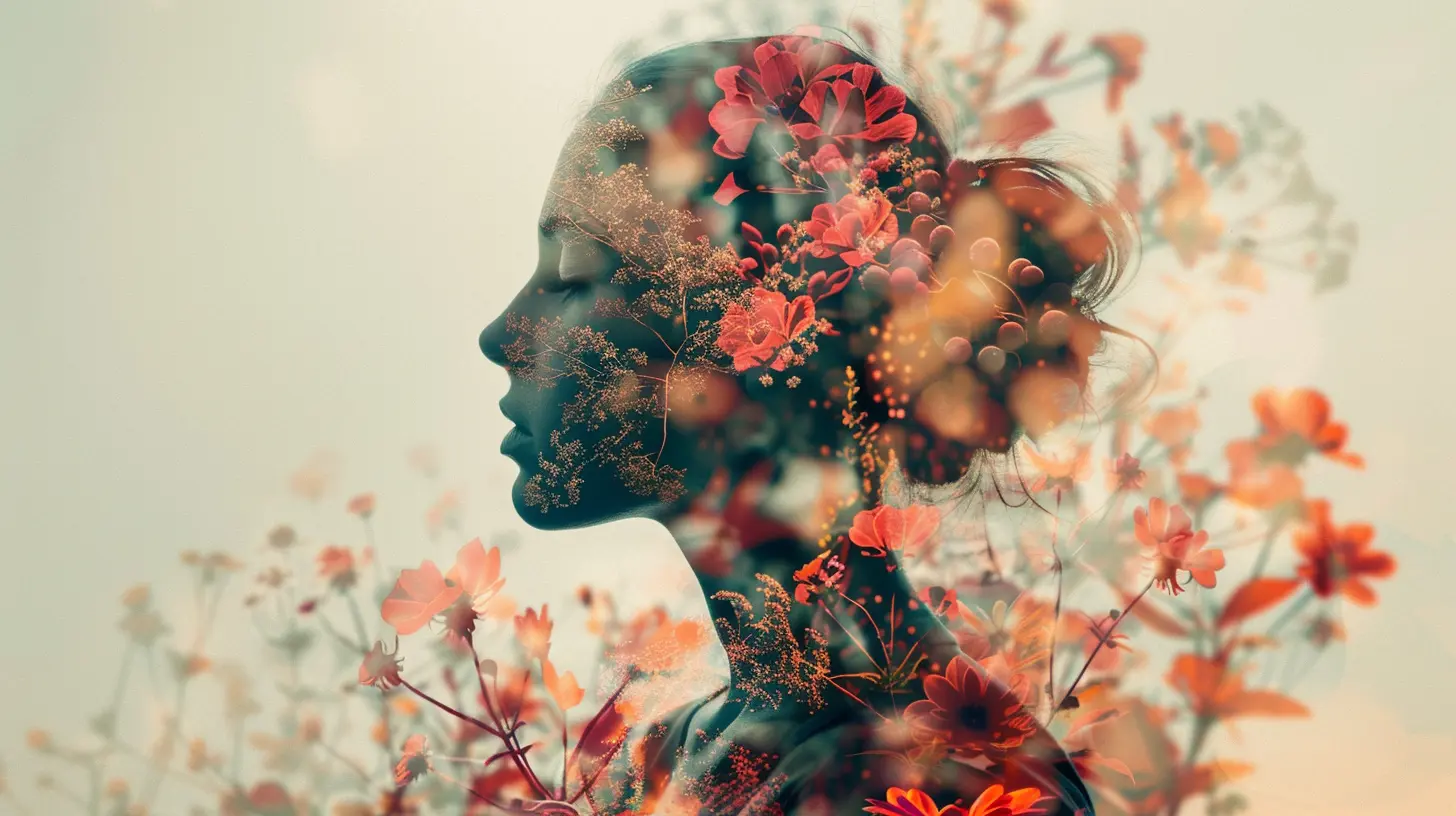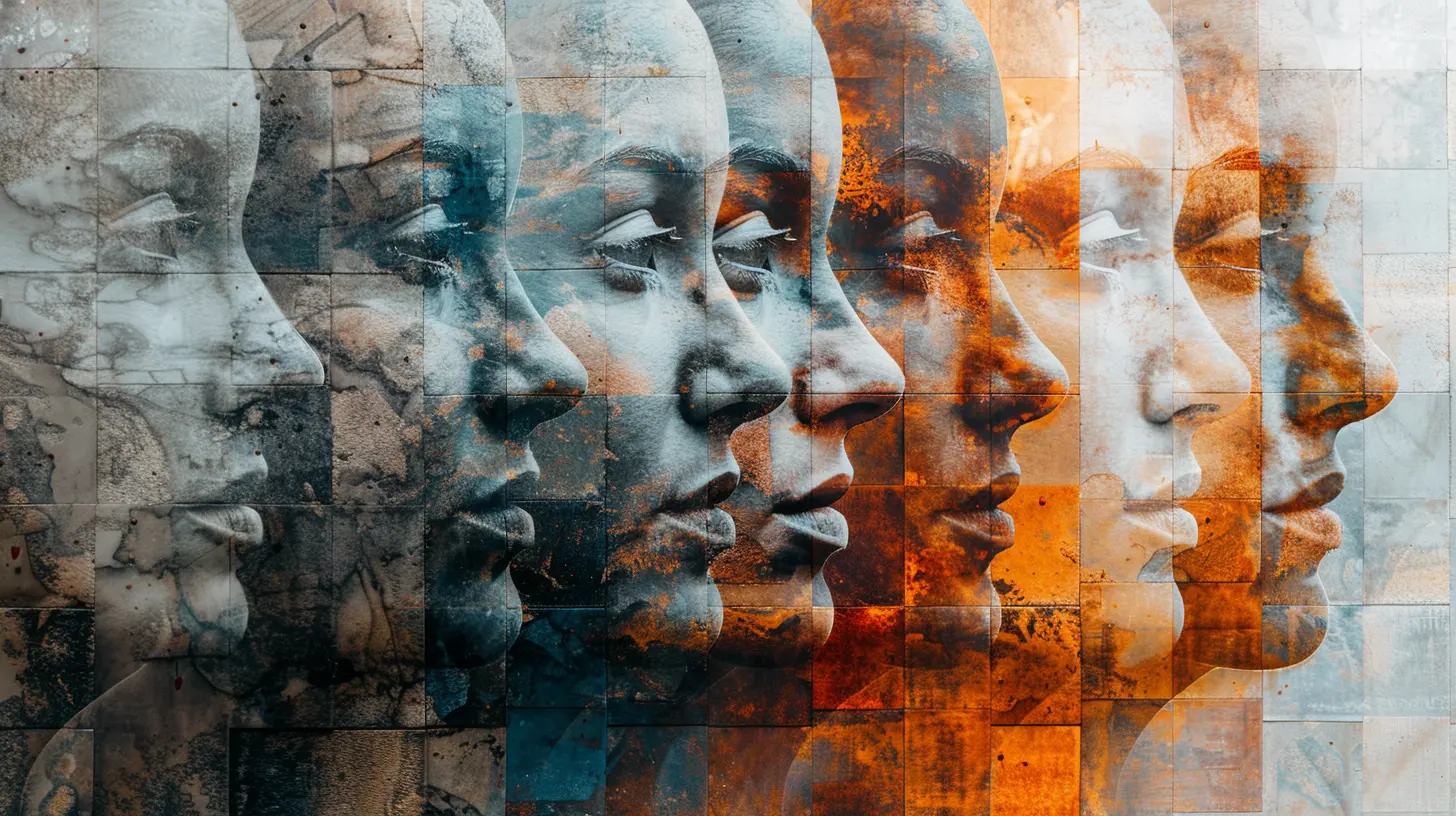Media Representation and Its Powerful Impact on Body Image
12 November 2025
Have you ever looked at a magazine cover, scrolled through Instagram, or watched a Hollywood movie and thought, "Why don't I look like that?" You're not alone. The way media portrays beauty has a profound effect on our body image.
From flawless skin to impossibly tiny waists, the media bombards us with unrealistic beauty standards. But how does this affect us in reality? And more importantly, what can we do about it? Let's dive into the world of media representation and its impact on body image in a way that feels more like a chat with a friend than a psychology lecture.

The Media’s Role in Shaping Beauty Standards
Media is everywhere—TV, movies, ads, social media, and even video games. It's like that one friend who's always around, subtly influencing your thoughts. And when it comes to beauty, media has set some pretty high (and often impossible) standards.Think about it—when was the last time you saw a leading actor or model with unedited skin, normal body proportions, or features that didn’t align with conventional beauty ideals? Exactly.
The Rise of Unrealistic Beauty
Over the years, media has shifted beauty benchmarks. In the early 1900s, a curvier body was often celebrated. Fast forward to the 90s, and the "heroin chic" look—with ultra-thin bodies and hollowed-out eyes—was in style. Today, we see a mix: from hourglass Instagram models to the ever-popular "gym body."The problem? These bodies are often not naturally attainable for most people without extreme dieting, plastic surgery, or Photoshop wizardry. Yet, they're presented as the norm.
Filters, Photoshop, and Fake Perfection
Social media has taken media influence to a whole new level. Filters and photo-editing apps make it easier than ever to present a flawless—but totally unrealistic—version of oneself.Ever scrolled your feed and thought, "Wow, everyone looks perfect except me"? That’s because most people use filters, lighting tricks, or even face-altering apps to look a certain way. The result? A false standard of beauty that leaves many feeling "less than."

The Psychological Toll of Media-Induced Body Image Issues
So, what happens when we're constantly exposed to these unattainable ideals? Not surprisingly, our self-esteem takes a hit.Increased Body Dissatisfaction
When our looks don’t match up with what we see in the media, we start feeling dissatisfied. Studies show that the more exposure someone has to media portraying unrealistic body types, the worse they feel about their own body. It’s like constantly comparing yourself to an airbrushed model—of course, you’ll feel like you’re falling short!Eating Disorders and Unhealthy Habits
The pressure to look a certain way can lead people down a dangerous path. Many develop unhealthy eating habits, excessive exercise routines, or even eating disorders like anorexia and bulimia—all in an attempt to match media’s narrow beauty standards.Mental Health Struggles
It doesn’t stop at just body dissatisfaction. Anxiety, depression, and low self-esteem often go hand-in-hand with negative body image. When you feel like you're constantly failing to meet some impossible standard, it takes a serious toll on your mental well-being.
The Changing Landscape: Fighting Back Against Unrealistic Beauty Standards
Luckily, the tide is starting to turn. More people are waking up to the damaging effects of media and demanding change.The Body Positivity and Body Neutrality Movements
Movements promoting self-love—like body positivity and body neutrality—are gaining momentum. Instead of obsessing over how our bodies look, the focus is shifting toward appreciating what our bodies can do.Body positivity encourages loving your body at any size, while body neutrality takes an even simpler approach: you don’t have to love or hate your body—you just exist, and that’s okay.
More Representation and Diversity in Media
Thankfully, we’re starting to see more diversity in media. Brands are featuring models of different shapes, sizes, and backgrounds. Shows and movies are moving toward realistic portrayals of people rather than cookie-cutter beauty ideals.Models like Ashley Graham and Winnie Harlow, who challenge traditional beauty norms, have become big names, proving that beauty isn’t one-size-fits-all.
Social Media’s Silver Lining
Yes, social media can be toxic, but it also has an upside. Many influencers promote self-love, body diversity, and unfiltered reality. Accounts that showcase real bodies, untouched photos, and honest conversations about body image are helping reshape the narrative.
How to Protect Your Own Body Image
While media influence is strong, you don’t have to be at its mercy. Here are some ways to protect yourself:1. Curate Your Social Media Feed
Follow people who make you feel good about yourself. If an account makes you feel insecure, unfollow—simple as that.2. Remember That What You See Isn’t Always Real
Those "perfect" bodies? Many are edited, posed, or filtered. Comparing yourself to a curated version of someone else isn’t fair to you.3. Shift the Focus to Health Over Appearance
Instead of fixating on looking a certain way, focus on feeling good. Exercise for strength, eat for nourishment, and appreciate your body for what it does.4. Limit Media Consumption When Needed
If every time you scroll social media, you feel worse about yourself, take a break. A detox from unrealistic media can work wonders for mental health.5. Engage in Positive Self-Talk
The way you speak to yourself matters. Instead of criticizing your body, try appreciating it. "My arms are too big" can become "My arms help me lift, hug, and create."6. Support and Celebrate Real Representation
Support brands, influencers, and media outlets that prioritize inclusivity. The more we demand real representation, the more the industry will listen.Final Thoughts
Media representation and its powerful impact on body image aren’t going away anytime soon. But awareness is the first step toward change.By recognizing the unrealistic standards the media promotes and actively challenging them, we can reclaim our self-esteem. It's time to stop chasing an illusion and start embracing the beauty of reality—flaws, scars, stretch marks, and all.
After all, perfection is boring, but being real? That’s where true beauty lies.
all images in this post were generated using AI tools
Category:
Body ImageAuthor:

Eliana Burton
Discussion
rate this article
1 comments
Blade Jordan
This article effectively highlights the significant role media representation plays in shaping body image perceptions. By examining both positive and negative portrayals, it encourages critical thinking about media consumption and its influence on self-esteem, ultimately promoting a more inclusive and diverse understanding of beauty.
November 15, 2025 at 4:54 PM

Eliana Burton
Thank you for your insightful comment! I'm glad the article resonated with you and sparked critical thinking about media's impact on body image.


